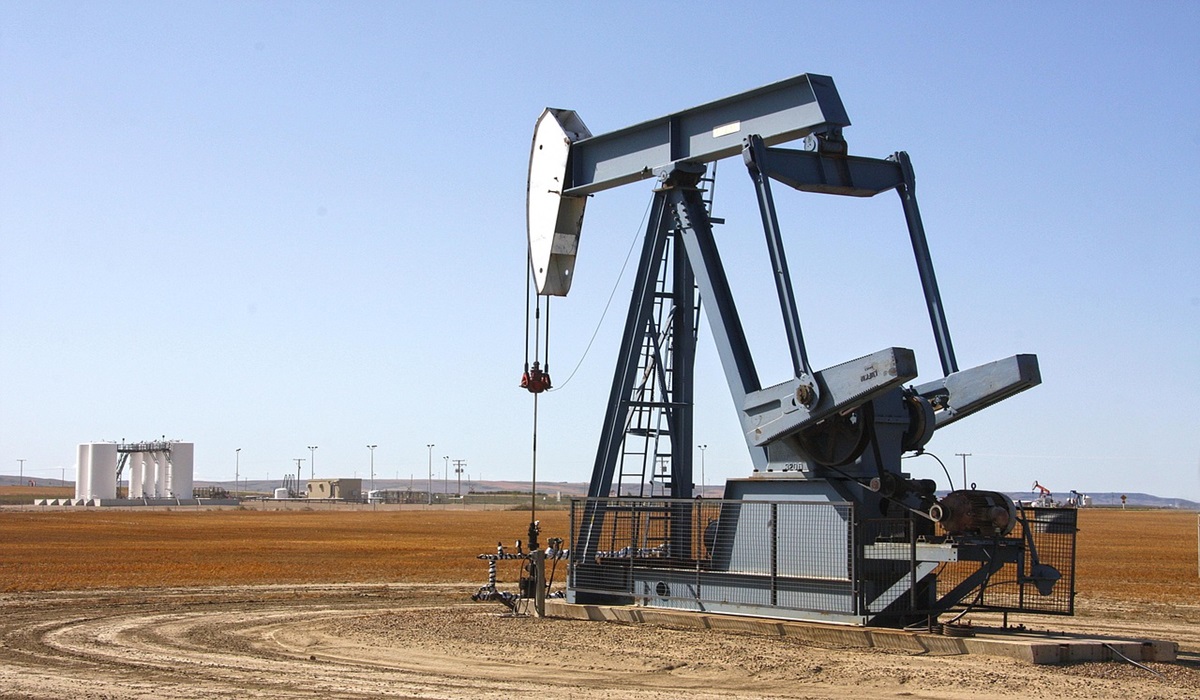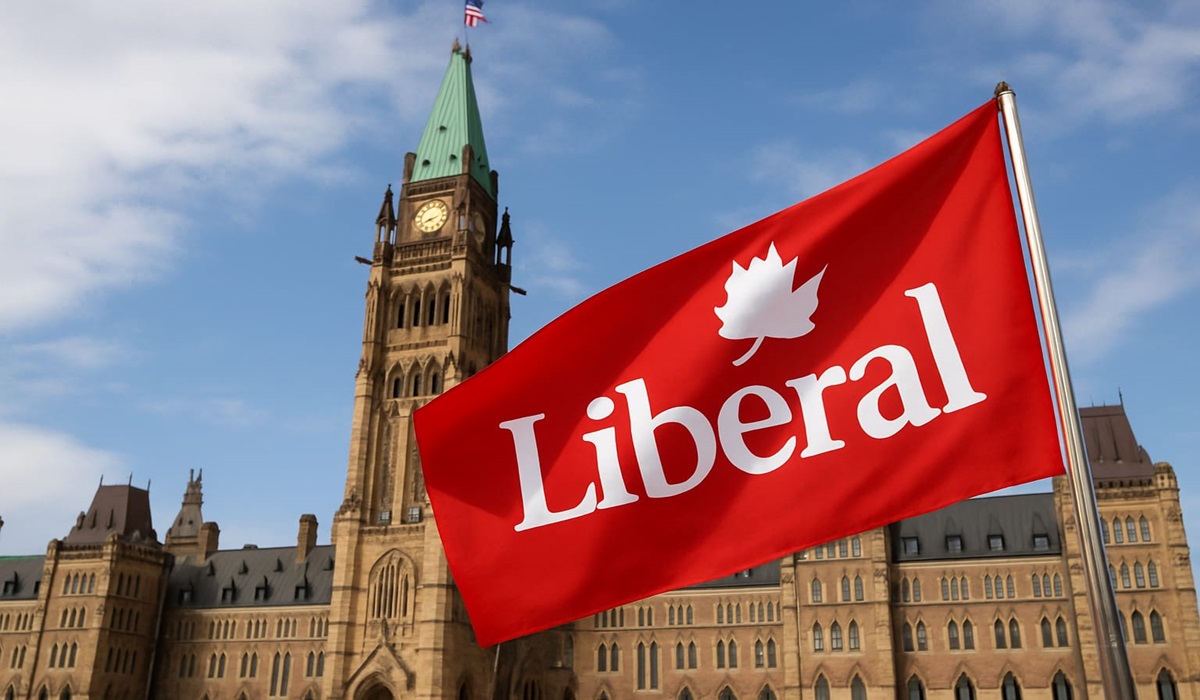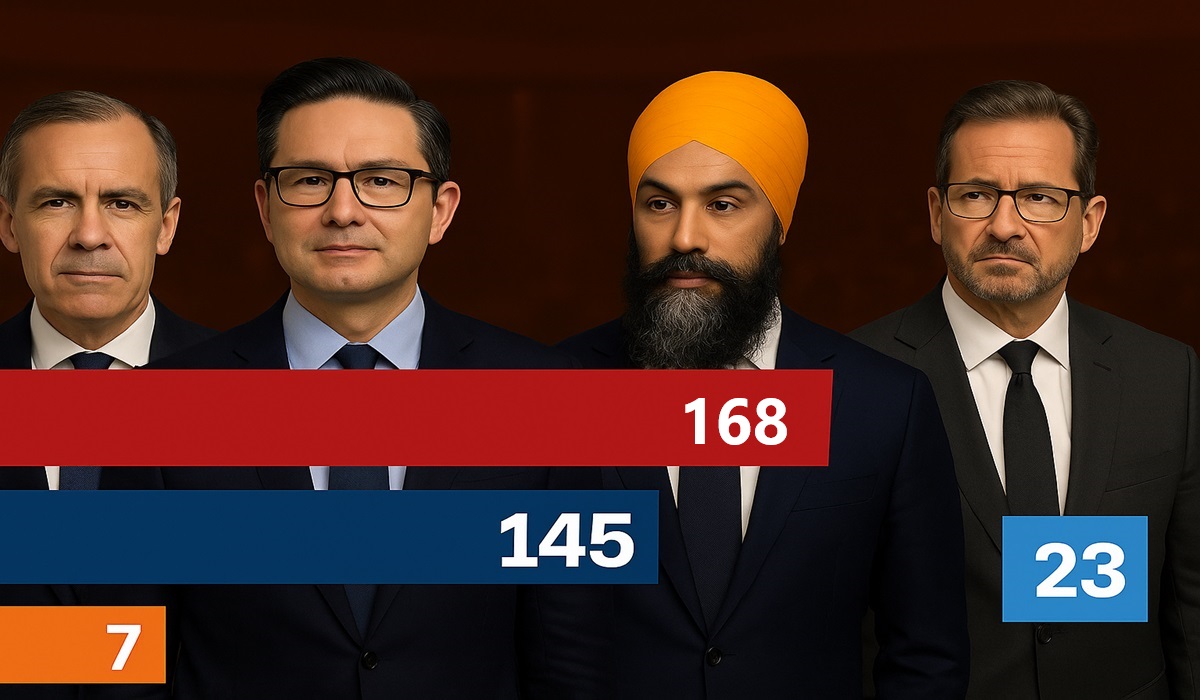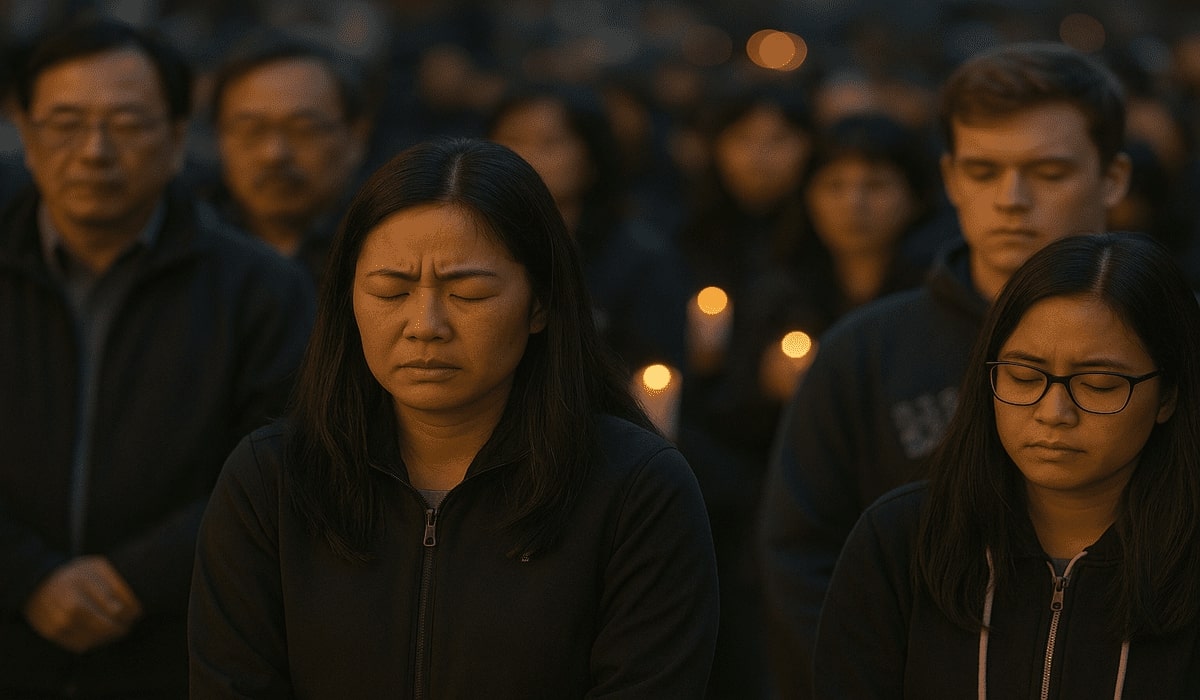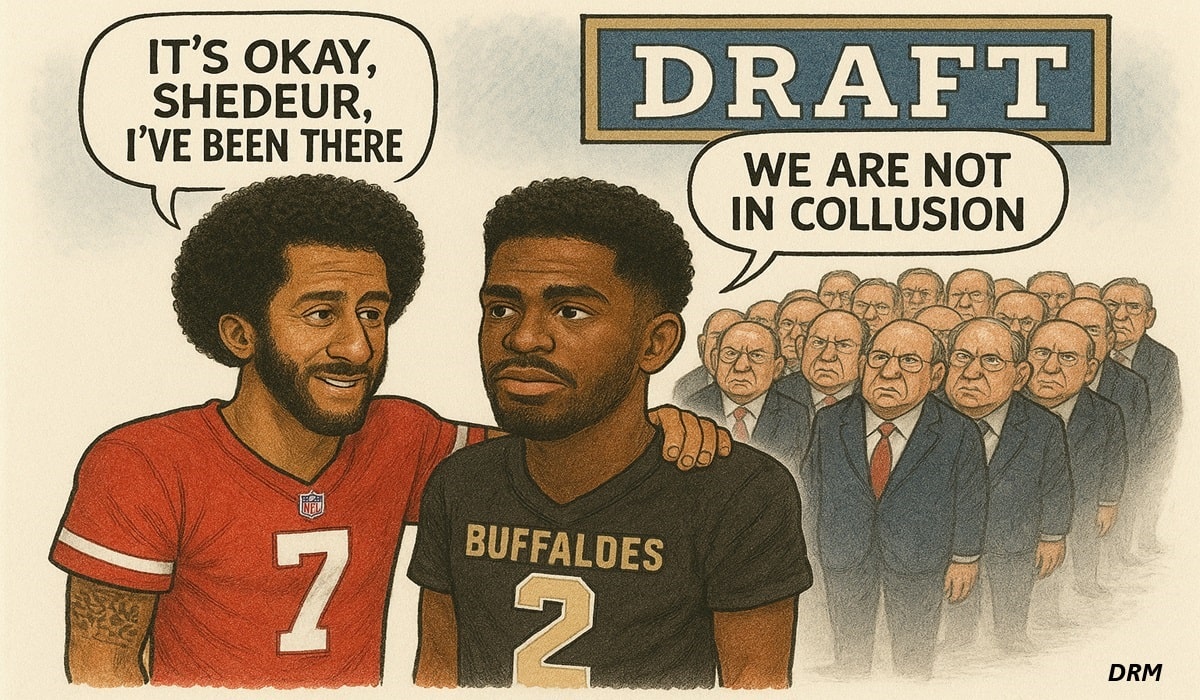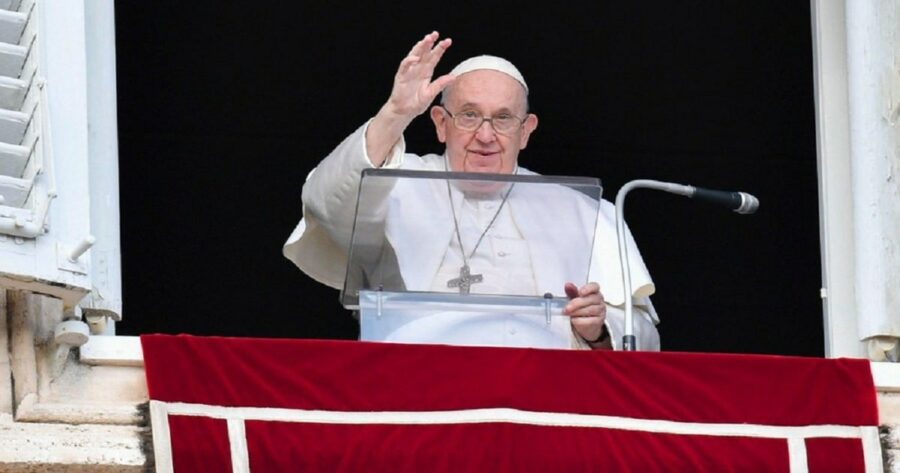Elon Musk’s Empire of Data and Influence: Is He the Most Dangerous Man Alive?
- TDS News
- Breaking News
- January 6, 2025
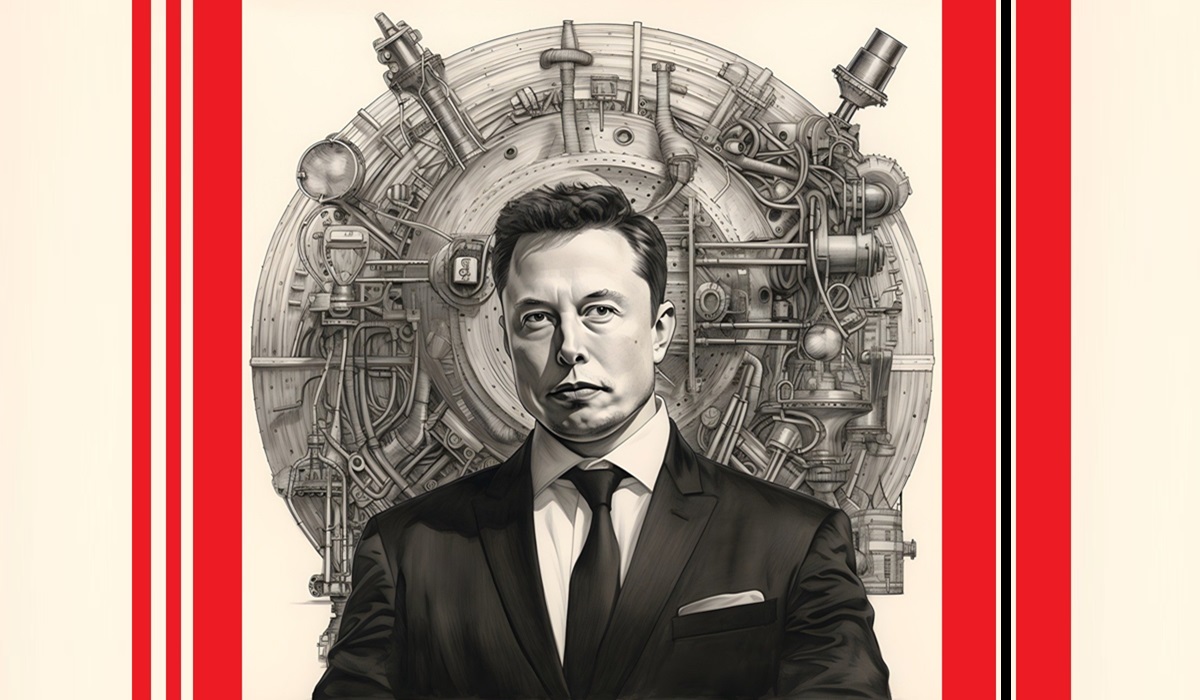
Image Credit Deez
In a world where free speech stands as a pillar of democracy, Elon Musk has cast himself as its most ardent defender. Yet, his vast influence raises unsettling questions about the concentration of power in a single individual. With control over SpaceX’s rockets, one of the largest AI companies, Tesla, and X (formerly Twitter), he also directs the flow of global data through Starlink, his satellite internet company. This trifecta of dominance places him at the center of technological, political, and communication spheres, making him one of the most powerful figures alive.
His initial pledge to rid X of bots and censorship was welcomed by those who felt silenced by the platform’s previous leadership. But as time has passed, critics argue that the same selective suppression is occurring—only now it serves a different political master. The platform, once accused of tilting the scales for Democrats, now appears to operate in favor of Republicans and right-leaning voices. This shift has not gone unnoticed, and the contradictions in his promises are growing harder to ignore.
What sets this new era apart is the sweeping breadth of his influence. Not only does he control the means to launch rockets and shape the future of AI, but his Starlink satellites now serve as a critical infrastructure for global internet access. This means he holds the keys to communication in regions where traditional networks fail, allowing him to sway narratives far beyond social media. The implications of this power stretch into geopolitics, where leaders and nations increasingly rely on his services for connectivity.
Adding to this is his proximity to the incoming president, whose sympathetic ear and reliance on his counsel have strengthened his already formidable position. This relationship blurs the lines between advisor and policymaker, granting him unprecedented access to the corridors of political power. With influence extending from the tech sector to the White House, he is not just shaping innovation but actively steering political discourse and policy decisions.
A glaring example of the platform’s selective enforcement emerged when a post blaming Black people for all the subway crimes in New York was flagged for hate speech. Despite the blatant racism, the company’s moderators determined it did not violate terms of service. This selective form of free speech underscored what many have called a double standard—one that favors some forms of hate speech while silencing others. Many pointed out that if such a post targeted other communities, it would likely have been removed.
These decisions have fueled concerns that X has become less about protecting free expression and more about amplifying voices that align with the owner’s personal and political interests. For Republicans, particularly Donald Trump, the platform offers an indispensable tool for their political strategy, with an influential ally steering its direction.
What makes this even more dangerous is the seamless integration of his ventures. The same individual overseeing internet infrastructure can influence online discourse, space travel, and artificial intelligence. Now, with the added influence over the incoming administration as co-sececretary of the Department of Government Efficiency, DOGE, charged with cuttting government spending, his grip on the levers of power has tightened further. This fusion of technological, political, and infrastructural control blurs the lines between innovation and authoritarianism, raising alarms for those who fear the erosion of checks and balances.
As his reach continues to expand, the question remains—how much influence is too much for one person to wield? His rise signals a shift where free speech is not merely protected but shaped and directed by the hands of one man. Whether this positions him as the most dangerous figure alive is open for debate, but the unrelenting growth of his empire leaves little doubt that he stands as one of the most dominant forces shaping the future.

